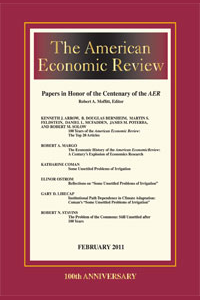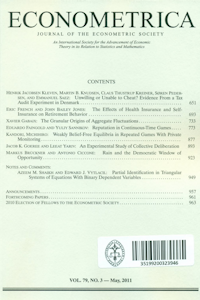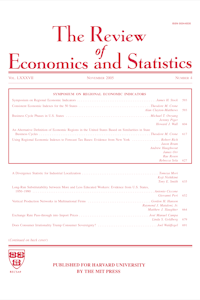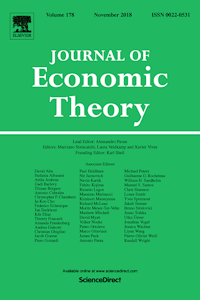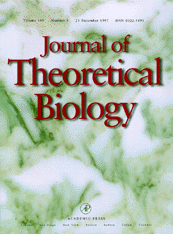
Chen, F. and Toxvaerd, F.M.O.
The Economics of Vaccination
Journal of Theoretical Biology
Vol. 363 pp. 105-117 (2014)
Abstract: The market for vaccinations is widely believed to be characterized by market failures, because individuals do not internalize the positive externalities that their vaccination decisions may confer on other individuals. Francis (1997) provided a set of assumptions under which the equilibrium vaccination pattern is socially optimal. We show that his conditions are not necessary for the welfare theorem to hold but that in general, the market yields inefficiently low vaccination uptake. Equilibrium non-optimality may obtain if (i) agents can recover from infection, (ii) vaccines are imperfect, (iii) individuals are ex ante heterogeneous, (iv) vaccination timing is inflexible or (v) the planning horizon is finite. Apart from the case with heterogeneity, inefficiencies result from the presence of strategic interaction.
Keywords: Economic epidemiology, Optimal vaccination, Equilibrium vaccination, Externalities
Author links: Flavio Toxvaerd
Publisher's Link: http://www.sciencedirect.com/science/article/pii/S0022519314004512 ![]()

